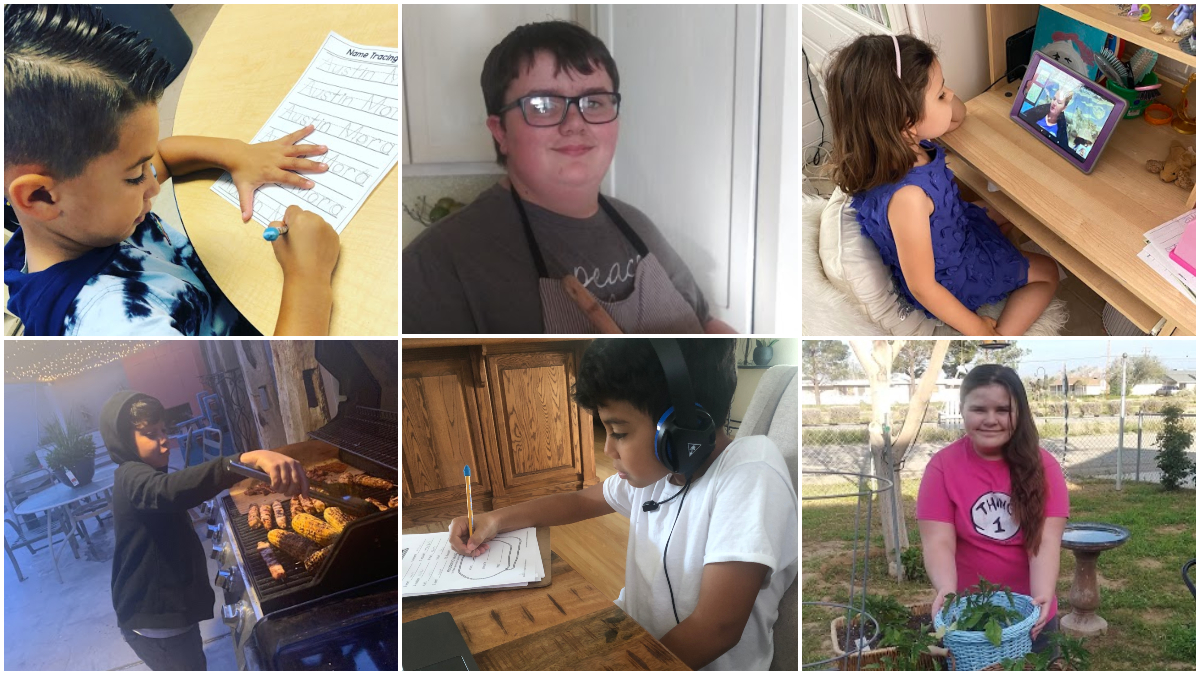Editor’s Note: This is one in a series of articles on the pillars of iLEAD Antelope Valley’s educational philosophy and approach.
“You are here in order to enable the world to live more amply, with greater vision, with a finer spirit of hope and achievement. You are here to enrich the world, and you impoverish yourself if you forget the errand.”
— Woodrow Wilson
This week, we’re exploring the second pillar of the iLEAD acronym: the letter L, which stands for leadership. We believe practicing leadership from a young age prepares our learners for a lifetime of listening, collaborating, and inspiring. Today’s kids are the leaders of tomorrow, so instilling principles of leadership now prepares them for the future.
At iLEAD Antelope Valley, we’ve found that focusing on whole-child education with project-based and social-emotional components creates an environment where kids can find their individual voice, collaborate as team members, and, through taking ownership of their work, develop the skills needed to be effective and trustworthy leaders.
The skills we believe are essential for kids to learn are the ones that make for effective leaders in the world:
- Clear communication
- Confidence
- Integrity
- Work ethic
- Humility and teachability
Through iLEAD Antelope Valley’s project-based learning, there are several ways we continue to see learners develop into leaders:
- Emotional intelligence: Understanding empathy and sympathy are significant factors in problem-solving, which are essential skills for leaders.
- Creativity: This is one of the best tools a leader can have, so it’s important for kids to have opportunities to flex their creative muscles. At iLEAD Antelope Valley, that can range from play-based learning to the arts and live performance.
- Embracing failure: Sometimes failure is the best way to learn. How a child deals with failure and hardship is a strong predictor of their growth and intelligence. At iLEAD we believe kids should learn to deal with failure in a healthy, constructive manner. As the late Robert Kennedy famously said, “Only those who dare to fail greatly can ever achieve greatly.”
- Develop positive habits: There’s a reason Stephen Covey’s 7 Habits have become essential to the iLEAD educational model. From proactiveness and listening to others, to learning to collaborate, these positive habits translate to the characteristics of strong leaders.
Education is about much more than teaching kids how to memorize rules and facts of grammar, history, science, and math — it’s an opportunity to empower them with the tools to be leaders today and in the future.
Next week, join us as we dive into the next pillar of the iLEAD acronym: “entrepreneurial development.”

